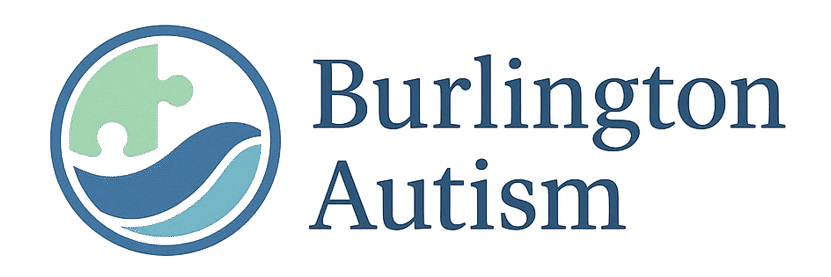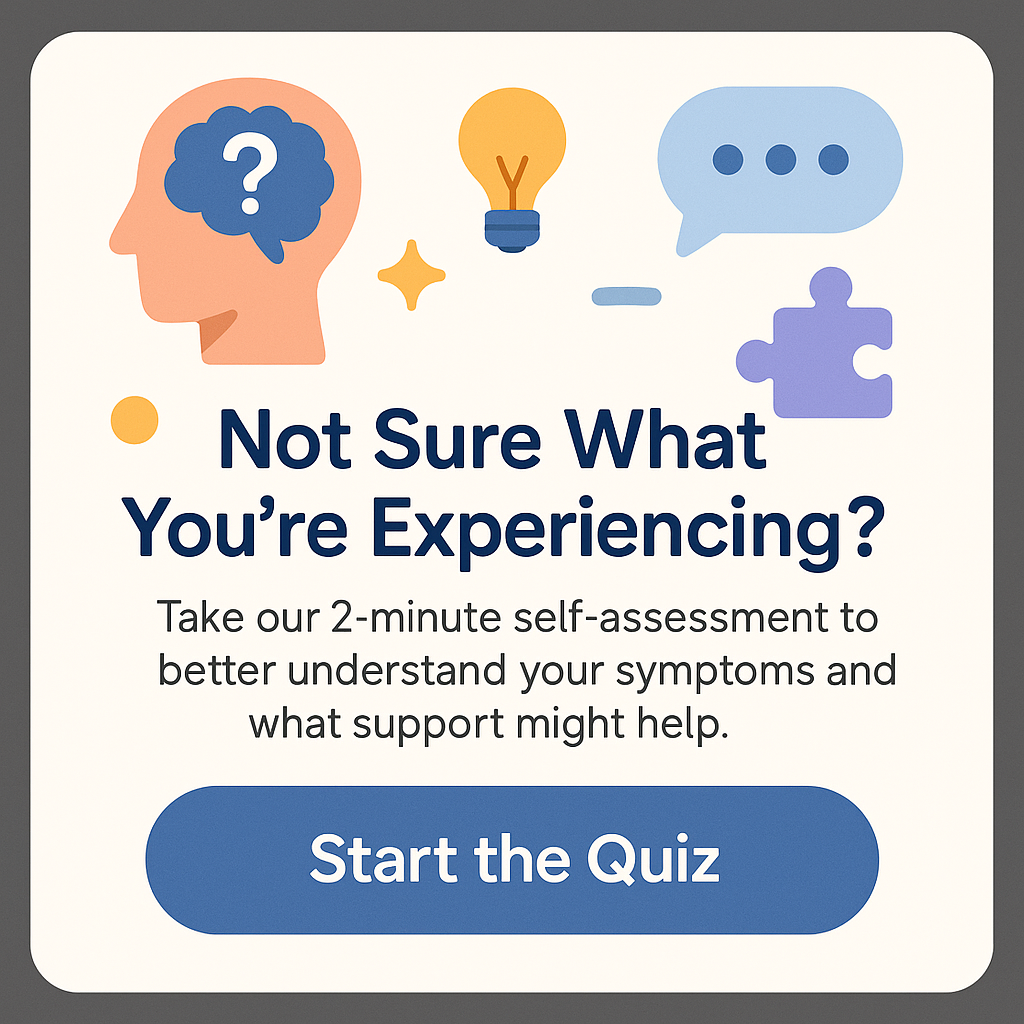Where can I find autistic friends?
Feeling alone in a world that seems to overlook you can be a challenging experience, especially for autistic individuals seeking connection. If you’ve ever found yourself pondering, Where can I find autistic friends?, you’re not alone. Many people with autism face social challenges, which can make building friendships seem daunting. However, in today’s increasingly connected world, you’ll be pleased to know that there are numerous ways to find meaningful friendships that cater specifically to your unique needs.
Connecting with autistic friends isn’t just about finding people who share similar experiences; it’s also about creating a supportive environment where you can flourish. Whether you’re looking for online communities, local meetups, or organizations that focus on autism spectrum awareness, there are plenty of avenues to explore. This article will guide you through various options to consider in your quest for friendship. Along the way, you’ll discover helpful resources, social platforms, and strategies that can make it easier to connect with others.
Utilizing Online Platforms to Find Autistic Friends
The digital era has made it possible for individuals to connect with others from the comfort of their own homes. This aspect is particularly beneficial for those seeking friendships within the autistic community. Here are several online platforms where you can search for friends:
1. Social Media Groups
Social media networks like Facebook, Reddit, and Instagram have vibrant communities dedicated to various interests, including autism. Joining groups that focus on autism can lead you to find like-minded individuals eager to share their experiences and establish friendships. For instance, Facebook hosts several groups that allow individuals to connect, share stories, and plan virtual meetups. Just search keywords like “autism support group” or “autistic friends” and you’ll find several active communities.
Another helpful platform is Reddit, which has dedicated subreddits such as r/autism and r/autismacceptance. Here, users discuss daily occurrences, provide support, and build connections. Engaging in conversations or merely observing how others interact can help you feel more at ease and motivated to reach out. Plus, many people form lasting friendships through the subreddit’s threads.
2. Dating Apps and Friendship Platforms
Apps typically used for dating are now branching out into the friendship arena. Platforms like Bumble and Meetup feature settings that allow users to find friends instead of romantic partners. Bumble’s BFF feature, for example, enables individuals to connect based on shared interests, which makes it a helpful tool to find autistic friends who might understand your unique perspective.
Meetup.com is another excellent tool for connecting with others. You can search for local or virtual groups that cater to autistic individuals and find activities that interest you. Whether it’s a game night, art class, or discussion forum, these meetups can provide an excellent opportunity to connect and bond with fellow neurodiverse individuals.
3. Online Forums and Chat Rooms
There are specific forums and chatrooms dedicated to individuals on the autism spectrum. Sites like Wrong Planet, Autism Forums, and even Discord servers that focus on autism can be safe and welcoming places to communicate with others. These platforms offer a space where you can be yourself without the fear of judgment. Be sure to introduce yourself, participate in discussions, and engage with others to foster those friendships.
4. Virtual Events and Conferences
Attending online events or virtual conferences related to autism can provide a great opportunity to meet people who share your experiences and interests. Many organizations host webinars, discussions, or panels that focus on various aspects of autism, and these can serve as spaces for interpersonal connection. Participating in Q&A sessions can lead to further discussions and even help you find new friends.
In conclusion, leveraging online platforms is an effective way to answer the question, Where can I find autistic friends?. Creating connections in a digital format can alleviate some of the anxiety associated with social interactions, making it easier for you to build friendships based on genuine compatibility.
Exploring Local Resources for Autistic Friendships
<pWhile the internet offers many opportunities to connect, it's also essential to explore local resources. Communities across the world have initiatives aimed at creating supportive spaces for autistic individuals to interact and engage. Here are some local avenues to consider:
1. Autism Support Organizations
Many cities have autism support organizations that offer various programs, workshops, and meetups aimed at fostering friendships among autistic individuals. These organizations often host events specifically designed for friendship-building activities, making it easier for you to meet others in a low-pressure environment.
For example, organizations like the Autism Society and ASAN (Autistic Self Advocacy Network) provide various resources and events aimed at fostering community connections. Reach out to local chapters to learn about upcoming events—many of which will focus on inclusivity and relationship building.
2. Community Centers and Events
Local community centers often host events geared towards individuals with disabilities, including autism. From game nights to art workshops, these events can be an excellent opportunity for casual interactions with potential friends. Make a point to explore your local community center’s schedule and participate in the events that resonate with you.
Moreover, participating in local clubs or hobby groups can also put you in touch with people who share similar interests. Whether it’s a reading club, gaming group, or sports team, engaging in a collective activity can naturally lead to friendships.
3. Educational Workshops and Classes
Many organizations and community centers provide educational workshops specifically tailored for those on the autism spectrum. Signing up for classes can help you gain new skills while connecting with others who share your interests. Group learning environments can facilitate friendship-building by encouraging teamwork and collaboration.
4. Support Groups
Consider attending local support groups for individuals with autism. These groups provide a fantastic platform for sharing challenges and successes alike, meaning you’ll likely meet individuals who understand your experiences. You’ll often find that discussing personal stories fosters deep connections that can evolve into lasting friendships.
In conclusion, local resources can also answer the question, Where can I find autistic friends?. Whether through organized events, community centers, or support groups, you can find outlets that connect you with others who appreciate your journey.
Tips for Building and Maintaining Friendships as an Autistic Individual
Now that you know where to find autistic friends, it’s equally important to focus on building and maintaining those relationships. Here are some tips to help you nurture these friendships:
1. Be Open About Your Experiences
Introductory conversations can be tough, but expressing your experiences with autism can foster understanding. Be open about your preferences and challenges, which may help others relate to you better. This exchange can also encourage reciprocal sharing.
2. Embrace Shared Interests
When seeking friends, focus on activities and interests that you genuinely enjoy. A shared passion forms a strong foundation for relationships. Whether it’s gaming, crafting, or hiking, focusing on interests can make socializing more enjoyable and provide common ground.
3. Communicate Regularly
Once friendships are formed, make an effort to communicate regularly. Texting, video calls, or even voice messages can help keep the conversation flowing and maintain your connection. Don’t hesitate to check in on your friends, as it can strengthen your bond.
4. Be Patient
Building lasting friendships takes time, particularly for those on the autism spectrum. Be patient with yourself and others as you navigate this process. It’s completely normal for friendships to ebb and flow. If a connection doesn’t work out, don’t get discouraged—keep looking for those who resonate with you.
5. Attend Events Together
Once you’ve established friendships, consider attending events or activities together to deepen your bond. Shared experiences can often turn acquaintances into lifelong friends. Whether it’s a movie night, concert, or simply grabbing coffee, enjoy the time spent together.
By employing these strategies, you can successfully navigate the social landscape and establish lasting friendships with autistic individuals. Understanding that building relationships requires commitment and energy can ease your mind as you set out to forge connections.
Conclusion
Finding friends as an autistic individual may present some challenges, but having a roadmap can significantly ease the journey. By exploring online platforms and local resources, you’re well-equipped to build connections with those who understand your support needs and experiences. Remember—everyone craves connection at some level, and you have every right to pursue that friendship, too. Embrace who you are, engage with others, and be open to forming meaningful relationships that bring you joy. It requires effort and patience, but the friendships you cultivate can significantly enhance your quality of life.
FAQs
1. How can I approach someone to make friends?
Starting with a compliment or common interest can be a great way to break the ice. Simply express your interest in their opinions or hobbies.
2. Are there specific clubs or organizations for autistic individuals?
Yes, many organizations, like the Autism Society, have chapters that organize events aimed at building connections among autistic individuals.
3. What if I find social interactions stressful?
It’s perfectly normal to feel overwhelmed. Take breaks when needed and remember to communicate your feelings to your friends; they may relate.
4. Can I find friends through volunteering?
Absolutely! Volunteering can be a fantastic way to meet people while contributing to a cause you care about.
5. Should I always be open about my autism when meeting new people?
While it’s beneficial to share your experiences, gauge the comfort level of the conversation. Share when you feel it adds value to the interaction.
Can an Autistic Person Drive? Understanding the Challenges and Possibilities







